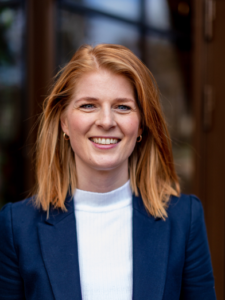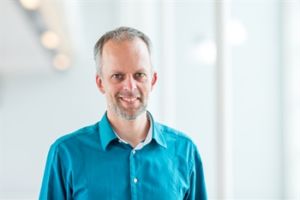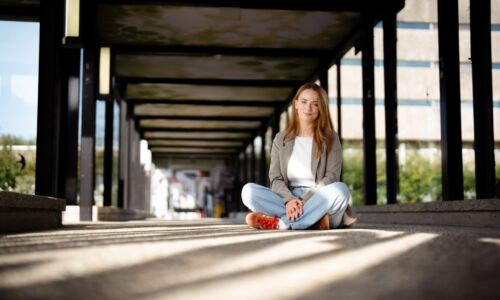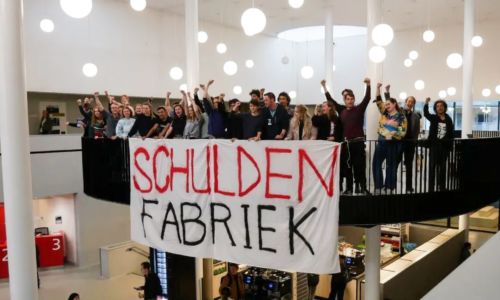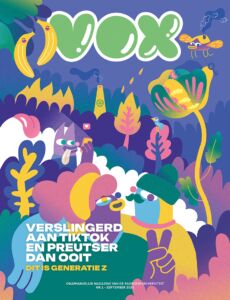-
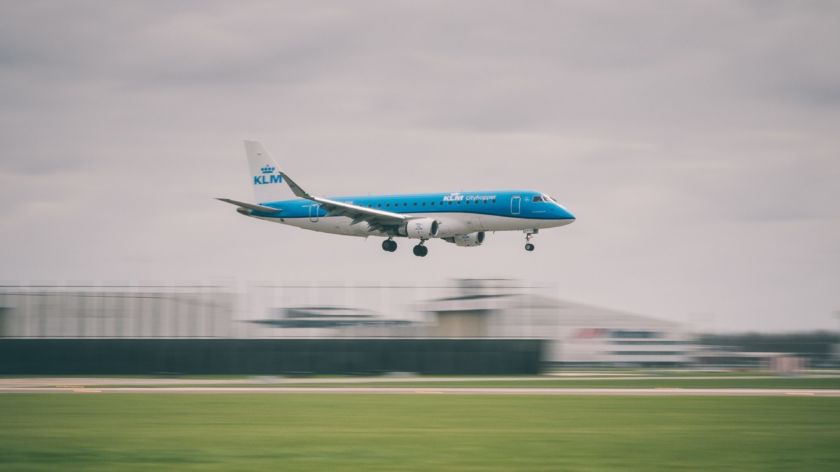 The KLM cityhopper. Poto: unsplash.com
The KLM cityhopper. Poto: unsplash.com
There are few scientists getting on planes during the COVID-19 pandemic. But still, Radboud University is working together with the Radboud university medical center on policy which will restrict air travel by staff. And not everyone is happy about that.
Just when Radboud University and Radboud university medical center were about to start introducing regulations to restrict air travel by their staff, the coronavirus pandemic started. Briefly, the policy, due to take effect from September 2020, stated that air travel to destinations that could be reached by train within seven hours would no longer be reimbursed. An external travel agency that manages the booking of trips and hotels would monitor this. The organisations also intended to raise awareness with their staff about the effect of air travel on the climate.
The outbreak of the coronavirus caused the ‘seven-hour rule’ to be shelved indefinitely – and it has still not been picked up. ‘But we haven’t been sitting still’, Marije Klomp, programme director of sustainability at Radboud University, assures us. ‘We’ve started preparing the tendering procedure for the travel agency, for example.’
To start with, it had to become clear exactly how that future travel agency was to function. That took some work in the last year and a half. ‘Some staff members were concerned that their trips would be far too expensive’, says Klomp. ‘Or that they would no longer be able to book their favourite hotel.’
Good alternatives
The tendering procedure will be put in motion early next year and the expectation is that the travel agency will start work after the summer. Not that the seven-hour rule will come into force immediately. ‘We want to see how it goes first’, says Klomp. ‘For example, the travel agency will have to offer good alternatives to going by plane. And only when that’s the case will we start enforcing the regulations.’
In the meantime, the university has also gained a better insight into the potential benefits of restricting air travel by staff. Klomp: ‘We’ve had that looked into. International air travel causes roughly 20 percent of the CO2 emissions of all traffic flows.’
That’s a lot, as Klomp points out, but it’s still significantly less than the daily travel of students and staff to and from the campus, which counts for about half of all emissions. Klomp: ‘That’s useful information for us, because you can introduce it to the discussion on themes which have a real impact. We have to look at other things besides air travel too.’ And according to Klomp, that that is indeed the case: the ambition has been expressed of reducing car traffic to the campus by 20 percent in the coming years.
Blessing in disguise
First and foremost, the COVID-19 pandemic has caused a lot of distress, as Klomp emphasises. But it was a blessing in disguise in terms of reducing air traffic. Not only because a lot of aircraft were suddenly grounded, but also because something changed in the minds of people at the university and at the hospital. ‘Many of them discovered that you can continue to do your work perfectly well without travelling.’
‘Even before the pandemic, we wanted to map which support we could offer virtual congresses’
The unexpected travel restrictions were also a good lesson for the university. ‘Even before the pandemic, we wanted to map which support the university could offer in the organisation of virtual congresses.’ According to Klomp, that went really fast, due to the coronavirus. More than one hundred meeting rooms were updated with new equipment that makes it possible to have meetings through Zoom or other software.
Junkets
Professor Teun Bousema noticed in the past year that there is also resistance to encouraging virtual congresses or meet-ups as a replacement for an international trip. The epidemiologist has emerged as the unofficial Nijmegen ambassador of a restrictive air travel policy at universities. Or as he himself prefers to see it, of a situation in which scientists make a well-considered decision about whether or not to travel. Too many scientists currently regard attending a congress as a junket, as Bousema said earlier in Vox.
With that thought, Bousema, who travels to developing countries frequently as a malaria researcher, started the thoughtful travel pledge. ‘It’s partly a petition and partly a pledge that scientists can take’, he explains. It’s not just that they promise to travel less, but also that universities, science funders and congress organisers also do their bit. For example, by making virtual or hybric congresses possible, or by simply restricting air travel by means of regulations.
Communist
His call for change doesn’t make Bousema popular with all his colleagues. ‘I’ve been called a communist, a hypocrite and patronising. People saying that, before you know it, we won’t be allowed to do anything anymore – you know the story.’ Bousema was flabbergasted when he heard a highly placed person at a Nijmegen faculty say that the COVID-19 pandemic was not the right time to restrict air traffic. ‘She said: ‘We’ve all had such a difficult time, let everyone just take a nice trip for once.’
And the resistance is not limited to individual scientists. After Bousema had calculated the size of a science funder’s carbon footprint – he prefers not to say whose – it was made perfectly clear to him that the organisation in question did not want that information made public. ‘That’s an indication of just how controversial it is.’
‘New technology can facilitate meetings between participants’
And all that while, if there’s one thing the COVID-19 pandemic has given us, it’s knowing how virtual meetings can still contribute to effective exchange of knowledge. ‘I’ve personally seen a number of really nice examples of that, like when I was asked to give an online masterclass for hundreds of African researchers. Or when new technology is deployed to facilitate meetings between participants. That way, you can replace the spontaneous conversations that take place informally during a congress.’
What it all comes down to according to Bousema, is that scientists have to realise that the old situation can never come back. ‘There are 7.8 million scientists worldwide. It’s no longer tenable that they all fly around the world in times of a climate crisis.’
